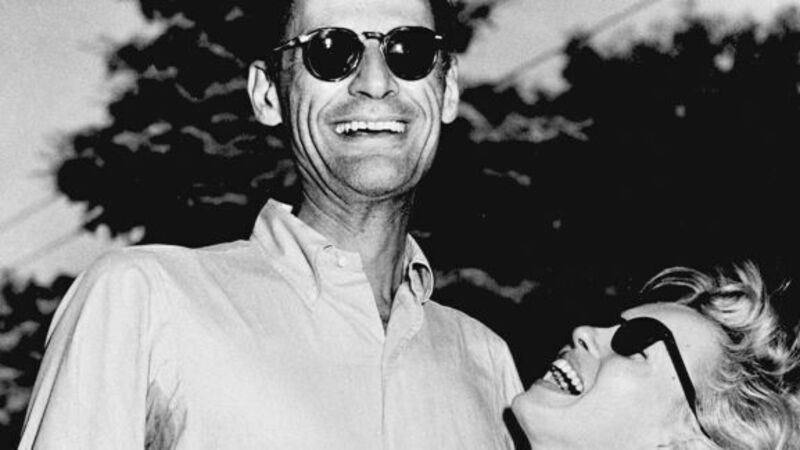In the spotlight

The resulting flood of revelations — the American Communist Party was funded by Moscow; Julius Rosenberg was guilty of espionage — precipitated a mock headline from Weekly World News, the satirical supermarket tabloid: “Marilyn Monroe Was a Russian Spy!” Accompanying this latest “revelation” from the Kremlin vaults was a “never before seen” photograph of the dumpy Soviet Premier Nikita Khrushchev leering at Monroe and the additional claim that the two were lovers.
The story was meant to be a joke, of course. But once upon a time, FBI Director J Edgar Hoover had indeed considered that Monroe might be an agent of the communist conspiracy. Indeed, the trickle of material from American intelligence archives again demonstrates Hoover’s twin passions: anti-communism and the private lives of “politically unreliable” celebrities. Marilyn Monroe, a megastar whose unsophisticated politics were left-leaning, was a natural target for Washington’s Red-hunting G-men.










